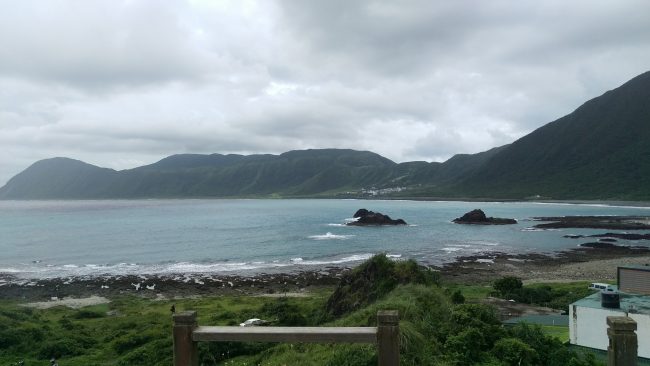Āwhina: a programme for Māori and Pacific tertiary science graduate and postgraduate success
Wilson, Marc, Maree Hunt, Liz Richardson, Hazel Phillips, Ken Richardson, and Danna Challies. 2011. “Āwhina: a programme for Māori and Pacific tertiary science graduate and postgraduate success.” Higher Education, Vol. 62, No. 6, pp. 699-719. New York, United States: Springer. Abstract: In New Zealand, Māori (indigenous New Zealanders) and Pacific students tend…









